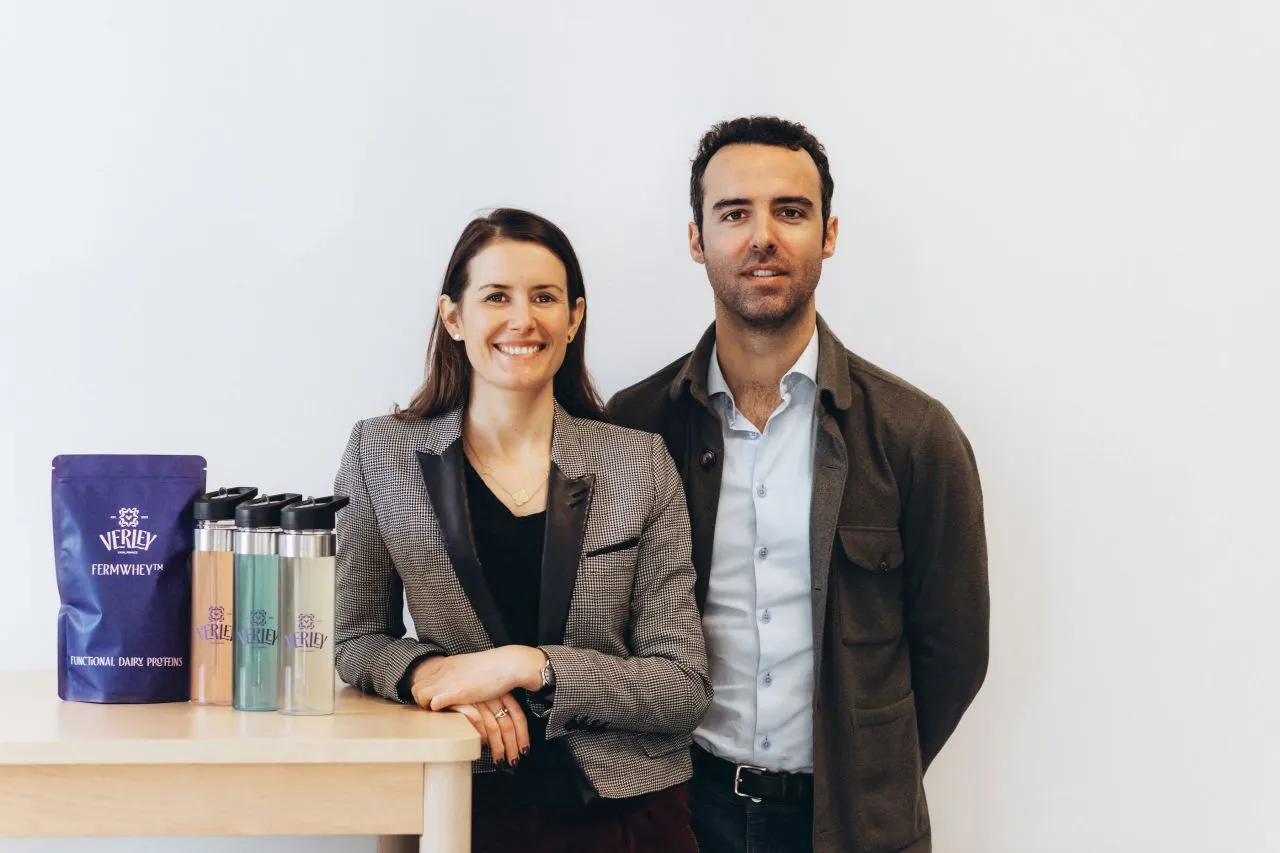Have you ever heard about impact investing? If so, you are one of those who already thought at least once about what this phrase actually means, which is great! If not, then here is the opportunity to get to know the basics.
In order to understand impact investing, it is worth spending a minute on what we mean by the word “impact”. Albeit the interpretations of impact definitions can vary, the core of impact always relates to some positive change that is reached on a societal or environmental level. One of the greatest ways to get to know these impact-focused areas is checking the UN Social Development Goals - an important reference point for impact investors.
By now, you should have riddled the mystery of impact and get ready to come upon the meaning of impact investors. In a nutshell, impact investors are those who are seeking and investing money in impactful businesses.
You may start to think about the next big question: what can we consider an impactful business? Impactful businesses are differentiated into two main types. The first one (the most common among impact investors) includes those traditional businesses that inbuild social/environmental impact into their core operation, while the other type includes Social Purpose Organizations that also have a proven self-sustainable financial model. What do these two groups have in common? Both types’ operation is built around impact generation - in other words without impact, their core business wouldn’t work either.
This high correlation between the business and impact metrics ensures impact investors that the company is an actual impact startup not a greenwasher company.
The above also helps us to understand why impact investments differ from ESG investments - ESG investors focus on businesses that aim to reduce the negative externalities of their operation, while impact investors’ main attention concentrates on the positive impact generation.
Although impact plays an important role in the project screening, it means much more for impact investors than just a filter during project selection by having relevance during investment decisions, portfolio management and exit.
Many standard venture capitalists also invest in impactful sectors, however, they make their investment decisions based only on financial metrics. Impact investors in addition to that analyze and evaluate the impact of the startups and the change it brings. So in practice, besides the financial analysis they create an impact analysis for their target companies, called the Impact Value Chain, which highlights and explains the link between the company’s resources and activity and its impact generation. The Impact Value Chain not only helps investors to understand the impact of a company but also serves as a basis for the determination of Impact Key Performance Metrics (Impact KPIs), which are relevant in investment decisions and also later during portfolio management and exit.
If the analysis phase (both financial and impact) leads to a positive investment decision, VCs and chosen companies start their common journey working together on impact development. VCs support their portfolio companies by a.o. helping them to make their impact measurement process as accurate as possible, do further primary research regarding the impact of their activities, define & measure further potential impact KPIs - while also monitoring the most important impact risks of the startups.
By now most probably many of you have already raised the question that even though it is great to support impact goals, what exactly would incentivize impact VCs to focus on impact KPIs and measurement development when their fund performance is evaluated only based on financial aspects. That would be a great question and actually, that is the key! In most cases, the evaluation of impact funds’ performance is based on both the financial as well as impact performance metrics of their portfolio companies. That is the structure which ensures that impact funds can preserve their mission and focus on real impact generation.
And what assures the long-term (post-exit) impact generation of the startups? Definitely the above-mentioned high-correlation criterion between business and impact success metrics which make sure that impact is inbuilt into the business model, became the part of the company’s core operation and thus will last long even after a successful exit.
Wanna know more about impact investing and impact investors? Check the website of GIIN & EVPA and learn more.
Related Posts:
Top Impact Investing VC Funds From Europe (by Katarzyna Groszkowska, Editor, Vestbee)
Top Impact Investing VC Funds From CEE (by Katarzyna Groszkowska, Editor, Vestbee)
ESG Due Diligence: New EU Requirements On Corporate Sustainability (by Paulina Milewska-Mróz, Senior Associate, B2RLaw)







